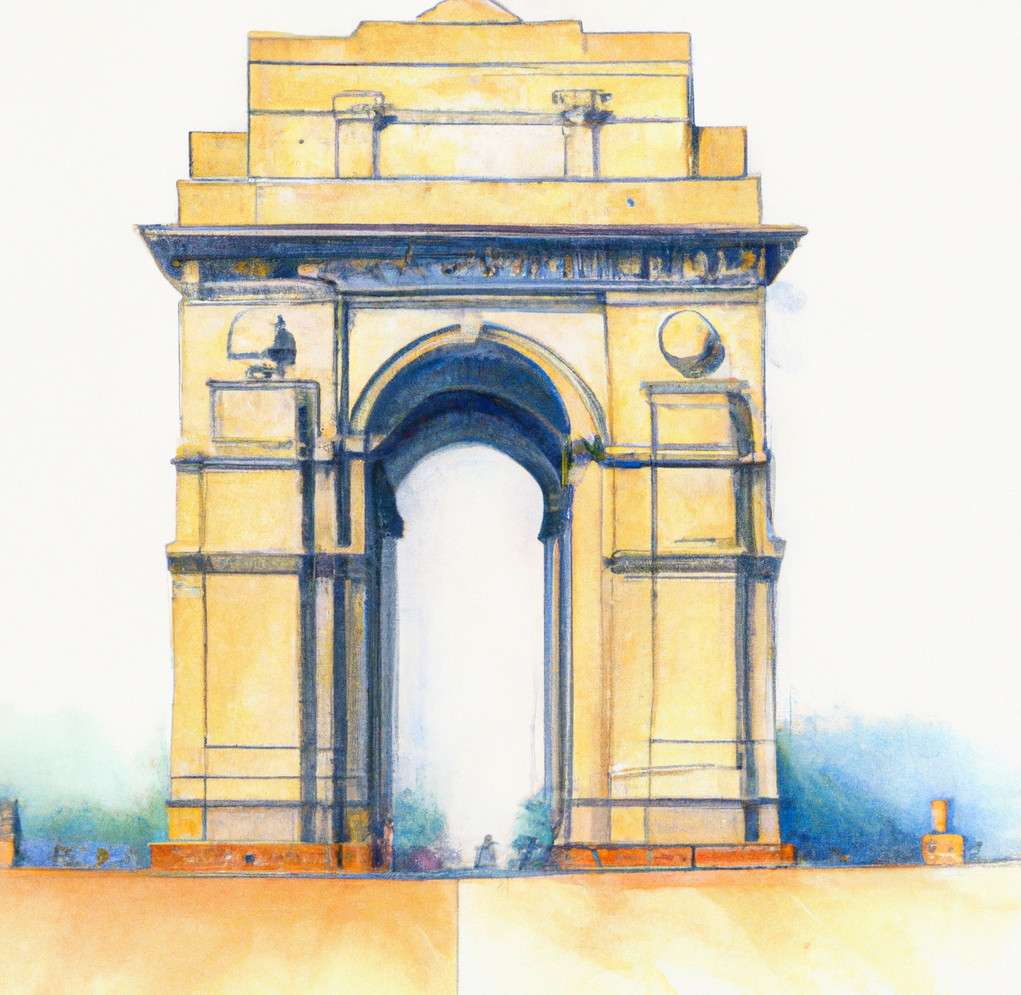Famed Indian Festival: A Celebration of Culture and Tradition
I. Introduction
Indian festivals are an integral part of Indian culture, celebrated with great enthusiasm and fervor across the country. These festivals hold immense importance and significance, not only from a religious and spiritual perspective but also in terms of their cultural and social impact. One such famed Indian festival that captures the essence of Indian traditions is Diwali, also known as the Festival of Lights.
II. Historical Background of the Festival
Diwali has its origins in ancient India, with its roots traced back to various mythological stories and legends. One of the most popular legends associated with Diwali is the homecoming of Lord Rama after his victory over the demon king Ravana. The festival also marks the return of the Pandavas from their exile of thirteen years in the epic Mahabharata. Over the years, Diwali has evolved and transformed into a grand celebration, embracing different customs and traditions.
III. Significance and Symbolism of the Festival
Diwali holds immense religious and spiritual significance as it signifies the triumph of light over darkness and good over evil. It is a time for individuals and families to seek blessings from deities and offer prayers for prosperity and happiness. Apart from its religious significance, Diwali also plays a vital role in fostering unity and strengthening social bonds within Indian society. The festival symbolizes the importance of spreading love, joy, and compassion.
IV. Preparations and Planning
Preparations for Diwali begin weeks in advance, with individuals and families cleaning and renovating their homes. The festival is associated with the arrival of Goddess Lakshmi, the goddess of wealth and prosperity, and hence, people decorate their houses with lights, diyas, and rangolis. Traditional clothing and attire, such as sarees and dhotis, are worn during the festival to embrace the cultural heritage of India.
V. Regional Variations of the Festival
Diwali is celebrated with different names and customs across various states in India. In North India, it is celebrated to commemorate Lord Rama’s return to Ayodhya, while in South India, it marks the victory of Lord Krishna over the demon Narakasura. Each region has its unique customs and practices, such as bursting fireworks in North India and offering special prayers and sweets in South India. Regional delicacies and traditional foods, such as gujiya and murukku, are prepared during Diwali.
VI. Celebration of the Festival
Diwali is a time for performing various rituals and ceremonies. People light diyas and candles, decorate their homes and workplaces, and offer prayers to deities. Traditional dances, music, and performances are also a part of the festivities. Folklore and storytelling sessions are held to pass down the cultural heritage to future generations. Traditional games, such as card games and flying kites, are played during the festival, adding to the joy and merriment.
VII. Famous Attractions and Events
During Diwali, several temples and sacred sites become major attractions for devotees. The Golden Temple in Amritsar and the Siddhivinayak Temple in Mumbai witness a huge influx of devotees during this time. Cultural events, fairs, and exhibitions are organized across the country, showcasing the rich diversity of Indian art, craft, and traditions. Tourist destinations like Jaipur and Varanasi are known for their grand celebrations and are popular choices for experiencing the festival.
VIII. Festive Cuisine and Delicacies
Food plays a significant role in Indian festivals, and Diwali is no exception. Traditional dishes and sweets are prepared during the festival, such as samosas, kachoris, and jalebis. Diwali is also synonymous with the exchange of sweets and snacks among friends and family. Special recipes and ingredients, such as dry fruits and spices, are used to enhance the flavors and aromas of the festive cuisine.
IX. Social Impact and Community Involvement
Diwali acts as a unifying force in Indian society, bringing people from different backgrounds together. The festival promotes unity, harmony, and the spirit of giving. Many individuals and communities engage in community service and charity activities during Diwali, such as distributing food and clothes to the underprivileged. The festival also has a significant impact on the economy, tourism, and local businesses, contributing to the overall growth and development of the country.
X. Environmental and Sustainable Practices
In recent years, there has been a growing awareness about the environmental impact of festivals. Diwali, being a festival of lights, often leads to excessive energy consumption and pollution. However, traditional practices promote sustainability, such as using earthen lamps instead of electric lights and opting for eco-friendly decorations. Measures are being taken to reduce waste and promote eco-friendly festivities, including the use of biodegradable materials and encouraging responsible firecracker usage.
XI. Conclusion
Diwali, the famed Indian festival, is a celebration of culture, tradition, and spirituality. The festival holds immense importance and significance in Indian society, fostering unity and promoting social harmony. From its historical background to its regional variations and festive cuisine, Diwali encapsulates the richness and diversity of Indian culture. It is an occasion to reflect on the teachings of love, compassion, and light, and to appreciate the beauty and traditions associated with this grand festival.
Keywords: Indian festivals, Diwali, Festival of Lights, culture, tradition, significance, symbolism, preparations, regional variations, celebration, attractions, cuisine, social impact, community involvement, environmental practices.
